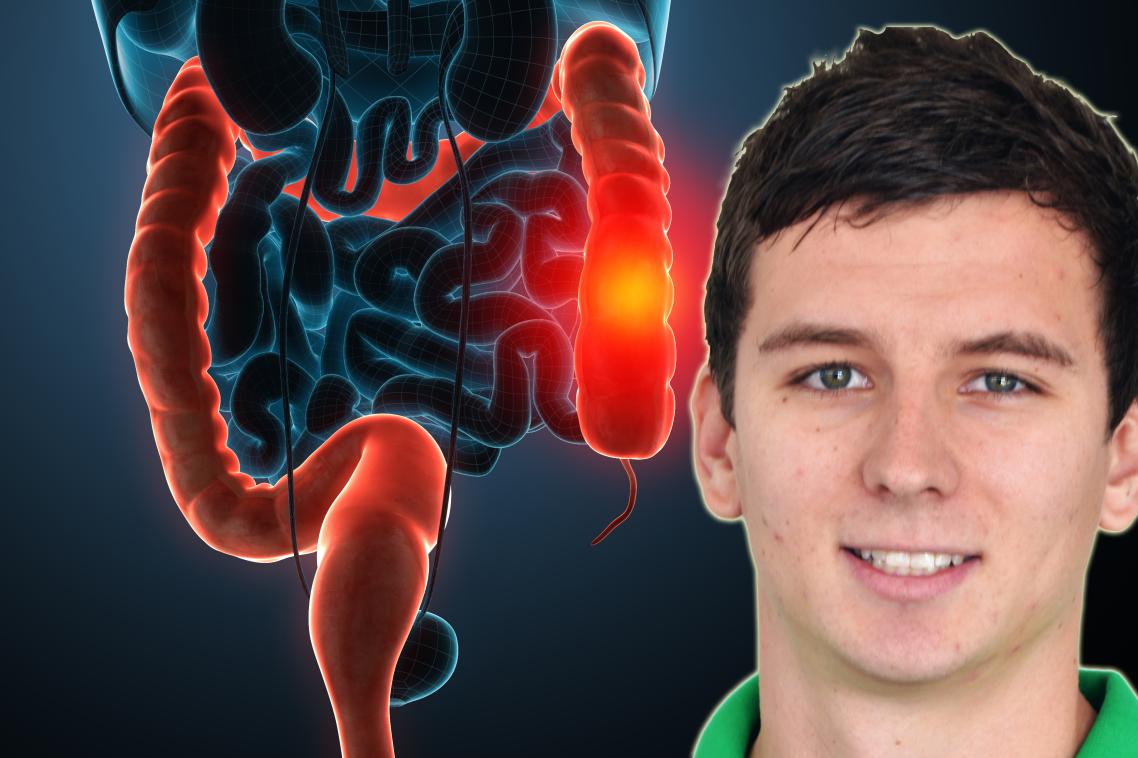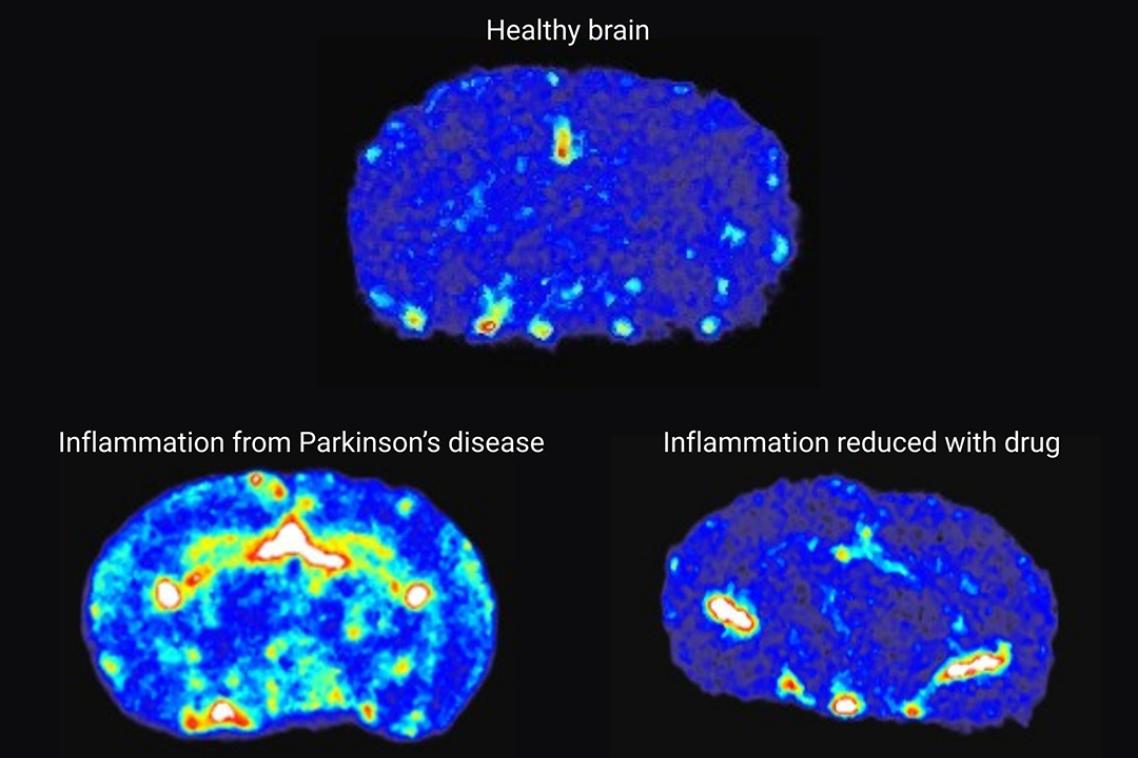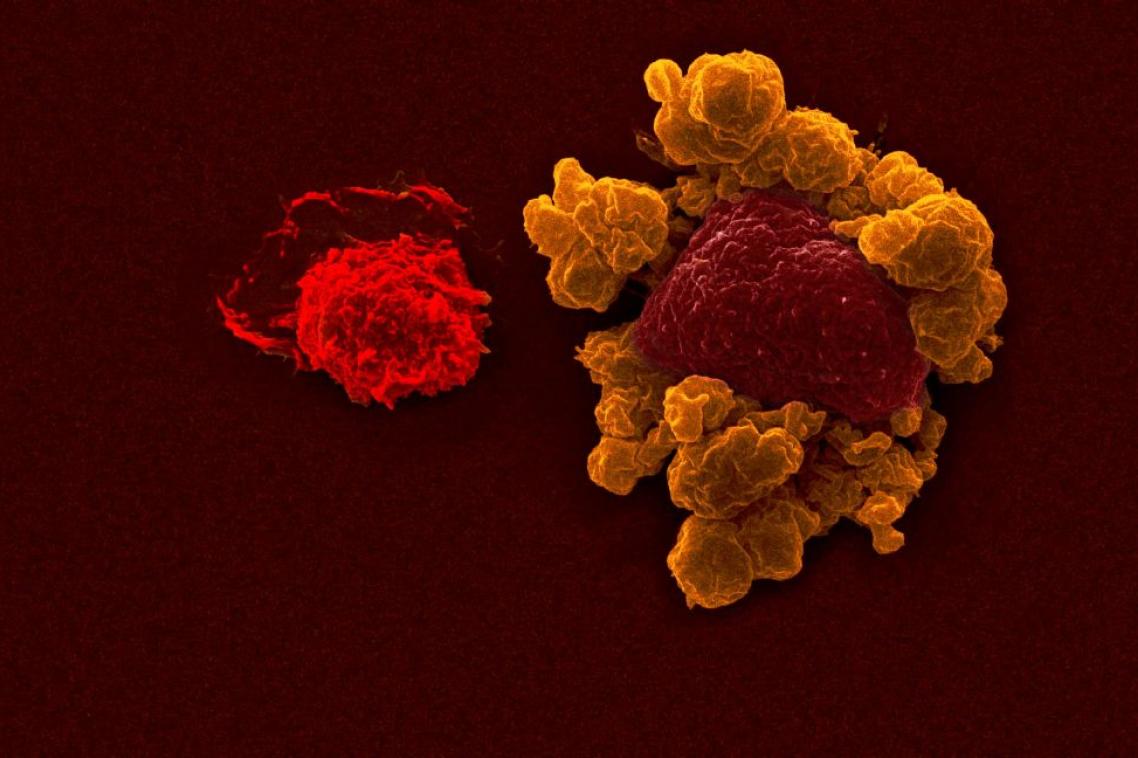Taking the puff out of colorectal cancer

A researcher who was born in the year that actress Audrey Hepburn and footballer Bobby Moore died of colorectal cancer is helping to lead recovery from the deadly condition.
University of Queensland researcher James Devin, 23, of the School of Human Movement and Nutrition Sciences, has studied the effects of exercise on colorectal cancer survivors.
“Increases in cardiorespiratory fitness are associated with a significant reduction in cancer-specific mortality,” Mr Devin said.
“We showed that eight weeks of high-intensity interval training (HIIT) and moderate-intensity exercise (MIE) promoted significant improvements in cardiorespiratory fitness in colorectal cancer survivors.
“While the comparative effectiveness was not too different, HIIT may offer more sustained improvements following a detraining period.
“Encouragingly, no severe adverse events occurred as a result of either types of training.”
Mr Devin’s research scored him the runner-up spot for the Young Investigator Award at the 2016 Exercise and Sports Science Australia (ESSA) Research to Practice Conference in Melbourne.
He collaborated with UQ’s Associate Professor David Jenkins, Dr Kate Bolam, Dr Tina Skinner, Andrew Sax and Gareth Hughes.
The team monitored 35 colorectal cancer survivors as they undertook three sessions of exercise a week using either HIIT or MIE methods.
HIIT consisted of four rounds of four minutes of exercise at 85-95 per cent of maximum heart rate, and MIE consisted of 50 minutes of work at 70 per cent of the maximum heart rate.
“Those who undertook HIIT significantly improved and maintained a 4.2 millilitres per kilogram per minute increase in cardiorespiratory output even after four weeks of detraining,” Mr Devin said.
“The MIE group also significantly improved, but lost gains more rapidly over the detraining period.
“To put it in perspective, a 3.5 millilitres per kilogram per minute increase is associated with a 10 per cent reduction in mortality risk, so the improvements we have observed appear to be quite clinically significant for survivors.”
Results of the research are published in the Journal of Cancer Survivorship.
Other UQ researchers who received awards at the ESSA Research to Practice Conference included Vince Kelly, Kirstin Morris and Justin Holland.
Mr Kelly won an award for a presentation on training periodisation in the National Rugby League, while Ms Morris revealed findings on the efficiency of varying freestyle swimming methods.
Mr Holland was recognised for the Best Oral Presentation in Sports Science, discussing whether fluid loss by athletes could be detected by analysing tears.
Media: Mr James Devin, j.devin@uq.edu.au , +617 0407 118 104; Robert Burgin, UQ Communications, r.burgin@uq.edu.au, +61 7 3346 3035, +61 448 410 364.
Topics
Related articles

Advanced brain imaging reveals promise of new drug for Parkinson’s disease

Researchers build new antibody to target cancer cells
Media contact
UQ Communications
communications@uq.edu.au
+61 429 056 139
